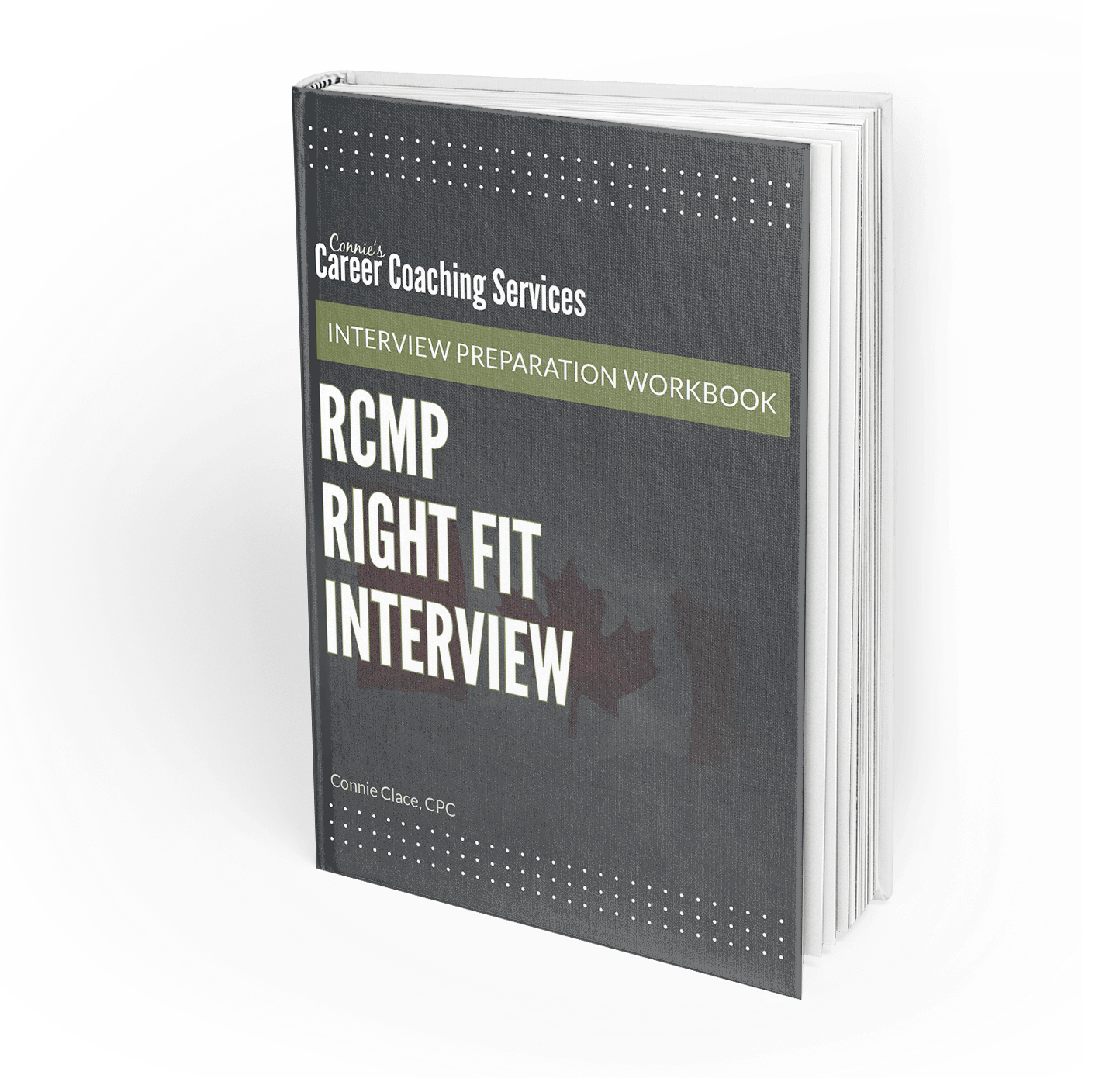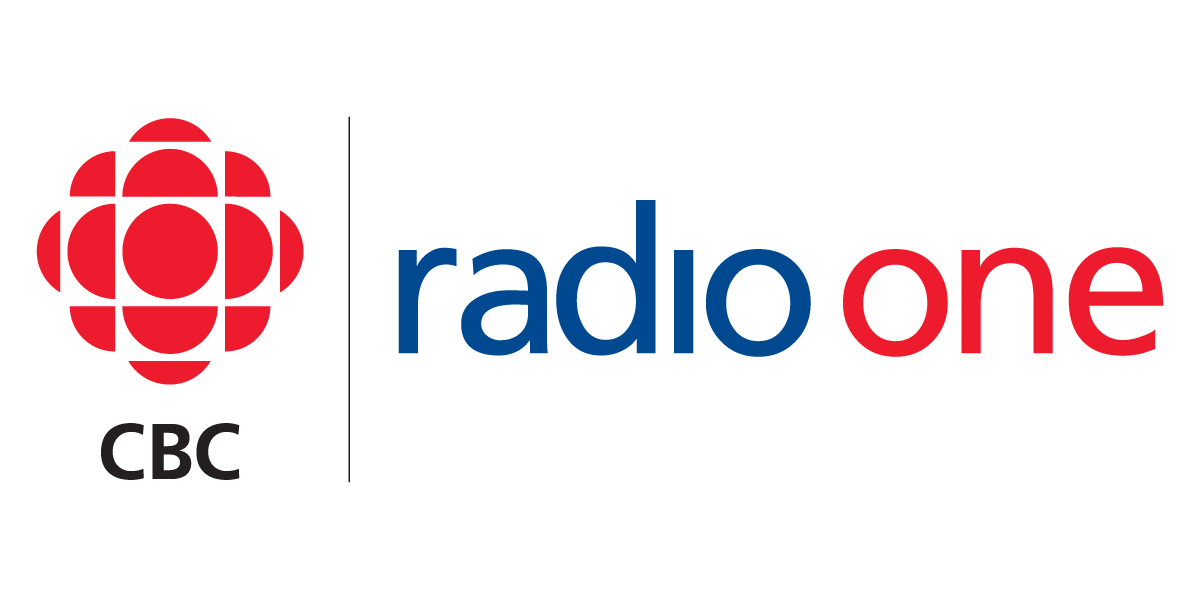What is a competency based interview?
Do you know what a competency based interview is and how to prepare? What if you don’t know what type of interview it is going to be? How can you tell if it’s going to be competency based or not?
Well, there are a number of ways to tell what kind of interview it might be.
Typically, when you get invited to an interview, you will receive an email advising you that you have successfully moved to the interview stage of the process, and that you are invited to attend an interview, with details of where and when to go.
In the email, you might also get information on what the interview board will be assessing. This is your first clue as to the type of interview you will be attending. If the invitation lays out specific competencies, i.e. communication, leadership, problem solving, then that is a pretty good indication that you will be having a competency based interview.
So, what does that mean? How will they assess those competencies? Well, there are two ways they could approach the interview. They could use either behavioural based questions and/or a situational based questions. In this post, we are going to focus on the behavioural based questions. We will focus on the situational based questions in a subsequent post.
Behavioural Based Interview
The behavioural based interview is where the hiring board will ask you questions that are based on your past behaviour. There is a belief that past behaviour is indicative of future behaviour, so these questions will focus on getting you to tell stories about your past that will demonstrate that you meet the competency in which they are assessing.
Basically, they will ask a question like:
Tell me about a time when there was a conflict on your team. What steps did you take to help resolve the conflict?
Any time you hear the words “Tell me about a time when …” or “Describe a time when …”, you know that they are asking a behavioural based question. So, you need to think about a time when you had a difficult problem to solve, and then tell them that story.
But there’s a very specific way to tell the story. The most common approach is called S*T*A*R.
Situation * Task * Action * Result
Situation – I always tell people this is a two pronged approach. Describe the overriding situation, i.e. where were you when this took place. Did this happen at your current job, or a past job, or perhaps when you were volunteering somewhere. And then explain exactly what the specific situation was, i.e. during the job you had two employees embroiled in a conflict.
Task – So what was your role in this situation? Was your task to resolve the conflict? This is just a one liner describing the point of the story.
Action – What action did you take to meet the task? You told me what your task was, so now tell me what you did about it. Did you speak to the two employees? Maybe you separated them and spoke to them one on one? Was anyone else engaged? Did you monitor the situation after your discussion to ensure it was resolved? Don’t leave out anything. If you don’t tell me everything that you did, I can’t assess it.
Result – What was the result of the situation? Think in terms of “because of what I did, this was the result”.
Prepare your Stories
So, now you need to come up with a couple of stories for each of the competencies that are specified in your invitation. If you come up with examples for each of the competencies prior to the interview, then you won’t draw a blank when you are actually there.
Being prepared is the best way to ensure you are ready for the big day. But coming up with the examples is only half of the process. You then need to practice delivering those stories. Find someone who has experience in these types of interviews who can ask you questions, or reach out to a Certified Professional Career Coach to help you fine tune your answers so they are delivered in a clear, concise manner.
Do you know someone who is faced with this challenge? Feel free to share this post by using the share links at the top of this page. Also, if you’d like more interview tips, feel free to check out the interview resource page.


Leave a Reply